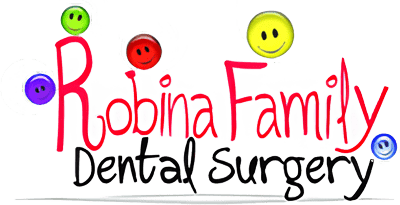There’s been a growing interest in essential oils lately. It’s been breaking ground in the massage industry and it’s been popular as candle and diffuser scents. But did you know that certain essential oils are actually good for your dental and gingival health?

On the Scent
All the essential oils we’re discussing in this blog are believed to be antimicrobial and antibacterial. This is key in oral health. Sugars and carbohydrates are broken down in your mouth by plaque bacteria acids. But if these acids aren’t neutralised and washed out, they’ll leach the natural minerals and weaken/erode your teeth, causing tooth decay. So antibacterial essential oils will deal with those pesky bacteria.

Tea Tree Oil
Tea Tree Oil, on top of being antibacterial, is also antifungal and antiviral in nature. Using it will kill off the bacterial colonies that cause halitosis in your mouth, leaving your breath nice and fresh which is a nice bonus.
Clove Oil
Clove Oil contains eugenol which is an antioxidant. It seeks to decrease any oral inflammation. For centuries, it has also been used as a sort of anaesthetic, numbing tooth aches for generations.

Myrrh Oil
Myrrh Oil is antimicrobial and it also increases blood flow to the soft tissue in the mouth. With increased blood flow, gums will heal faster as the blood brings white blood cells to repair damaged tissue and fight off viruses and bacteria. In a sense, it’s the opposite of Clove Oil (which is anti-inflammatory).
Other Oils
Other oils you’ll be familiar with are Cinnamon, Peppermint, and Spearmint. The last two, in particular, are used widely in dental products such as mouthwashes and toothpastes for the added bonus of freshening your breath.

A Couple of Cool Concoctions
You can use any of the listed essential oils to make a mouthwash. Just use a total of 5-10 drops in a cup of water. You can mix and match which oils you want to use. Swish around a tablespoon’s worth of the mixture in your mouth and spit it out like any regular mouthwash.
You can also brush with essential oils. Put two drops of an oil on your toothbrush. Then brush gently, in a circular motion, on your teeth and gums, and spit out any excess oils and saliva.
With both of these techniques, make sure the essential oils you’re using are in a form that is edible (they usually are but check just in case).

